
Young workers don't take time off because they feel pressured to meet deadlines and be productive - Photo: BestColleges.com
That’s according to a new Harris Poll survey of 1,170 U.S. workers. The vast majority, about 78%, of U.S. workers surveyed said they don’t take all of their paid vacation days, with the highest rates among Gen Z and millennials.
Don't want to take leave but still have to work
Libby Rodney, strategy director at The Harris, said young workers said they didn’t take time off because they felt pressure to meet deadlines and be productive. At the same time, they were nervous about applying for paid time off because they didn’t want to look like slackers.
That doesn't mean they work day in and day out without taking a break. They just don't tell their boss.
Millennials, in particular, are the group most likely to “quietly go out.” Nearly four in 10 say they have left without telling their manager.
Gen Z: People born from the late 1990s to the early 2010s.
Millennials: People born between 1982 and 1994.
While not actually working, millennials use occasional mouse movements to show people they're still active on company messaging platforms like Slack or Microsoft Teams, the shares said.
They also schedule messages to be sent outside of regular business hours, to “check in,” showing that they are working overtime.
“There’s a culture of problem-solving going on,” Rodney says. While Gen Z tends to be more willing to speak up and take time off, millennials tend to deal with problems in secret, avoiding attention.
“They will figure out how to get the right work-life balance, but it happens behind the scenes. It’s not exactly a quiet departure, it’s more like a secret vacation,” Rodney adds.
Need to build a culture of paid leave
According to Rodney, when people feel the need to sneak away on vacation, it's a sign that their workplace has a culture of paid time off that isn't widespread, or isn't viewed in a healthy way.
Employers can ease the stress around employee leave in a number of ways, she added. They can be more transparent about how time off is requested, normalize paid leave, support employees when they take time off, and provide consistent time off.
Unlimited paid leave isn't necessarily the solution. Workers who receive 11 to 15 days of paid leave per year are more likely to use their days, Rodney says. But there's a significant drop-off when people get 16 or more days.
Instead, employers can get creative with paid leave benefits at the company.
For example, allow the entire company to shut down for a week on major holidays, pay new employees to take vacations before starting work, or require employees to take a certain number of days off each quarter to measure how much time off they take throughout the year.
More broadly, many Americans in the survey said the United States should adopt laws common in Europe to make boundaries around work hours and personal time more effective.
This includes extended leave policies, such as a month off in August; longer lunch breaks, shorter 40-hour workweeks, and protections to allow for slower response times outside of work hours.
Source: https://tuoitre.vn/thich-lang-lang-di-choi-thay-vi-xin-nghi-phep-20240523050113475.htm


![[Photo] Third meeting of the Organizing Subcommittee serving the 14th National Party Congress](https://vstatic.vietnam.vn/vietnam/resource/IMAGE/2025/4/2/3f342a185e714df58aad8c0fc08e4af2)
![[Photo] Close-up of Vietnam's sniffer dog team searching for earthquake victims in Myanmar](https://vstatic.vietnam.vn/vietnam/resource/IMAGE/2025/4/1/d4949a0510ba40af93a15359b5450df2)



![[Photo] Relatives of victims of the earthquake in Myanmar were moved and grateful to the rescue team of the Vietnamese Ministry of National Defense.](https://vstatic.vietnam.vn/vietnam/resource/IMAGE/2025/4/2/aa6a37e9b59543dfb0ddc7f44162a7a7)





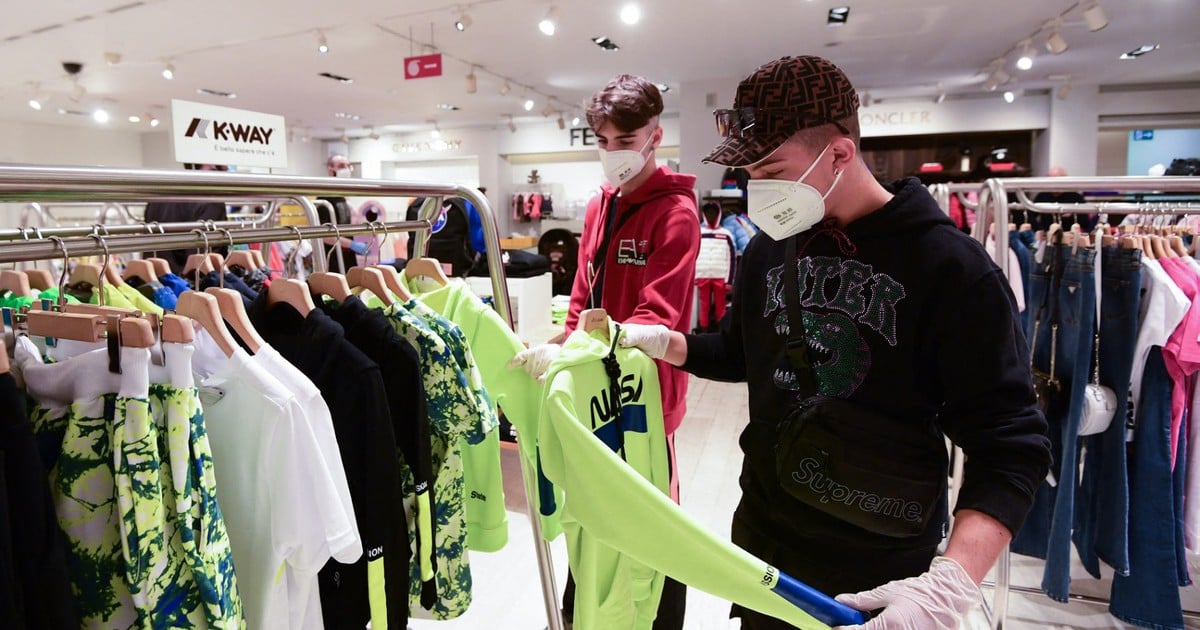





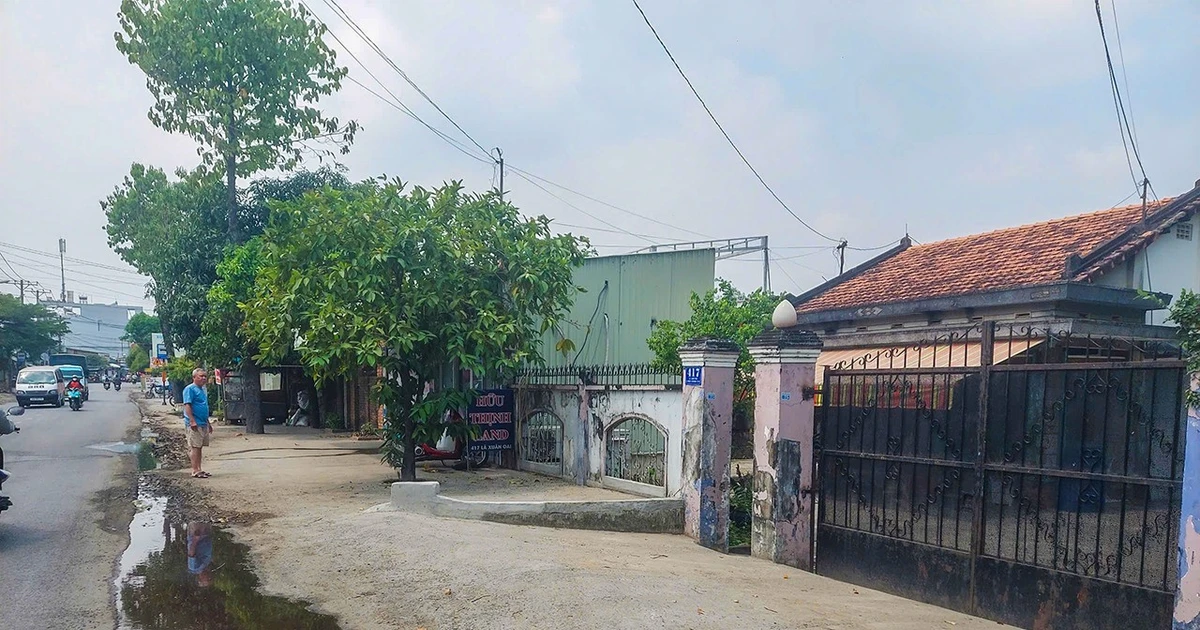











































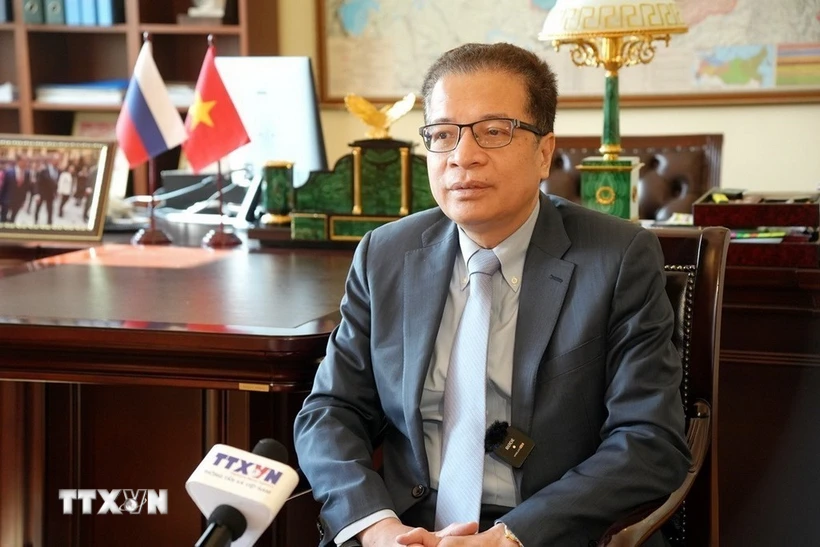
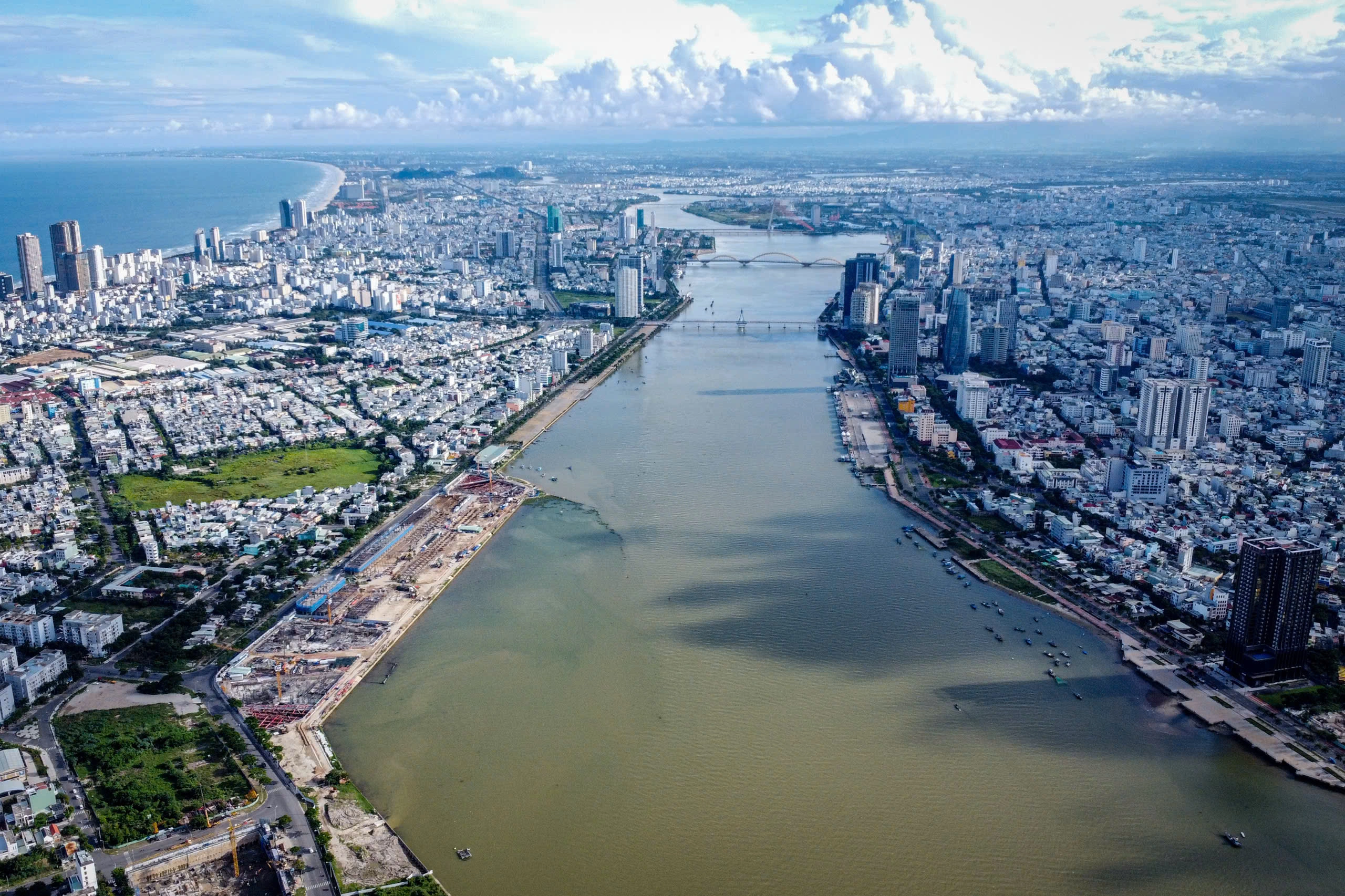









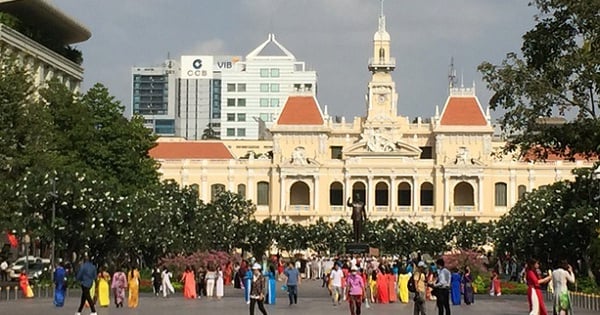





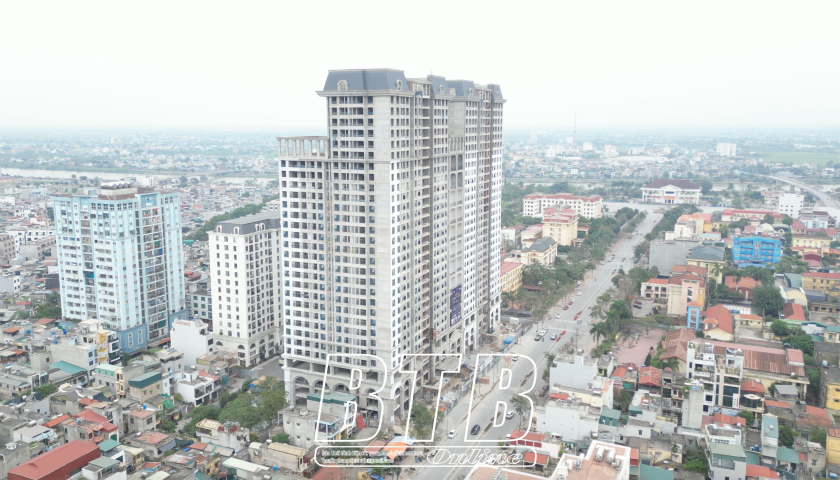
















Comment (0)